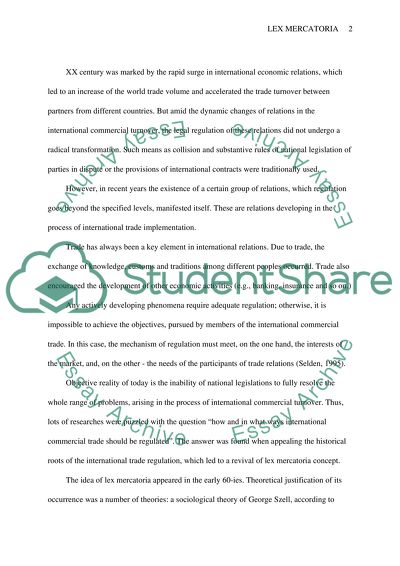Cite this document
(“What role does Lex Mercatoria Play in international commercial Essay”, n.d.)
Retrieved from https://studentshare.org/history/1421738-what-role-does-lex-mercatoria-play-in-international-commercial-contracts
Retrieved from https://studentshare.org/history/1421738-what-role-does-lex-mercatoria-play-in-international-commercial-contracts
(What Role Does Lex Mercatoria Play in International Commercial Essay)
https://studentshare.org/history/1421738-what-role-does-lex-mercatoria-play-in-international-commercial-contracts.
https://studentshare.org/history/1421738-what-role-does-lex-mercatoria-play-in-international-commercial-contracts.
“What Role Does Lex Mercatoria Play in International Commercial Essay”, n.d. https://studentshare.org/history/1421738-what-role-does-lex-mercatoria-play-in-international-commercial-contracts.


